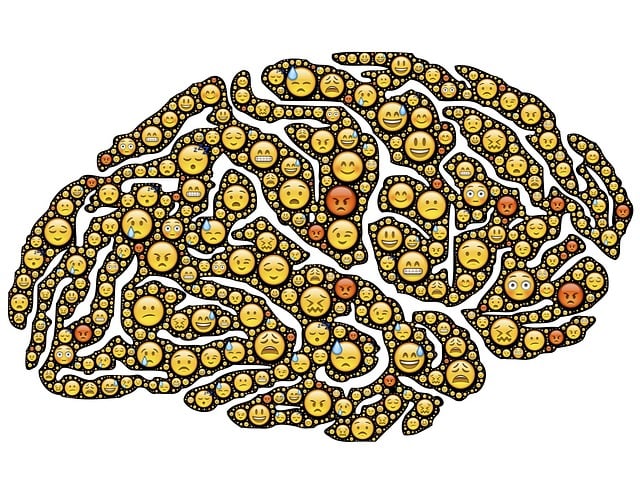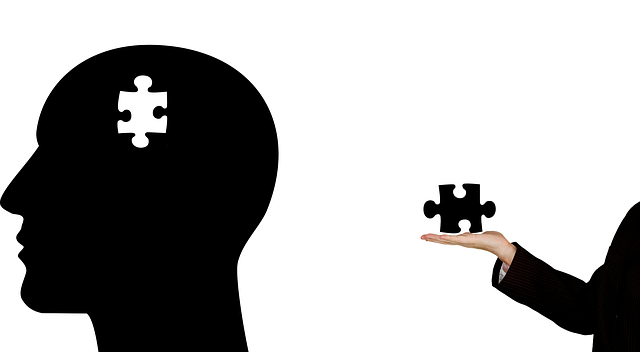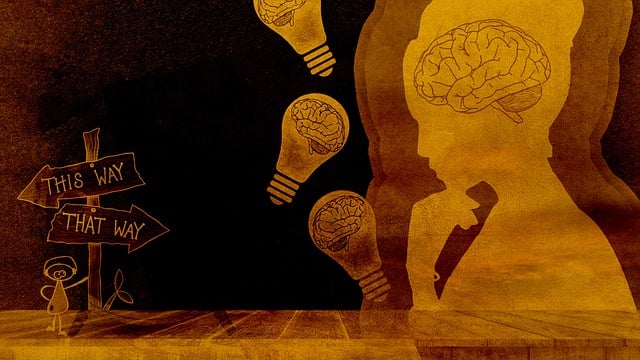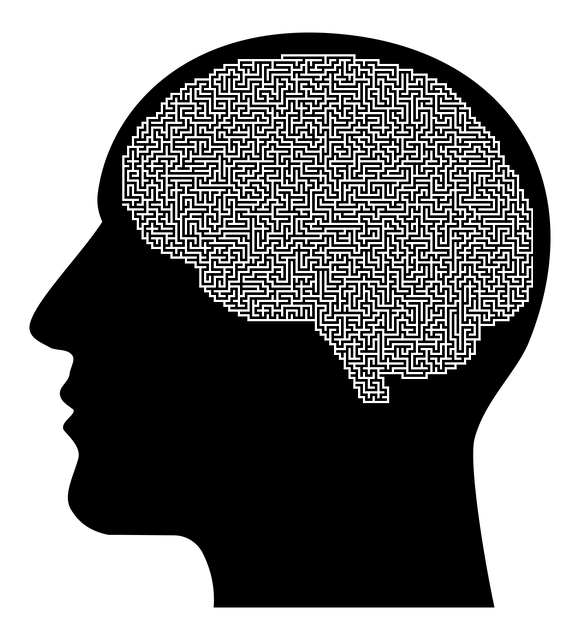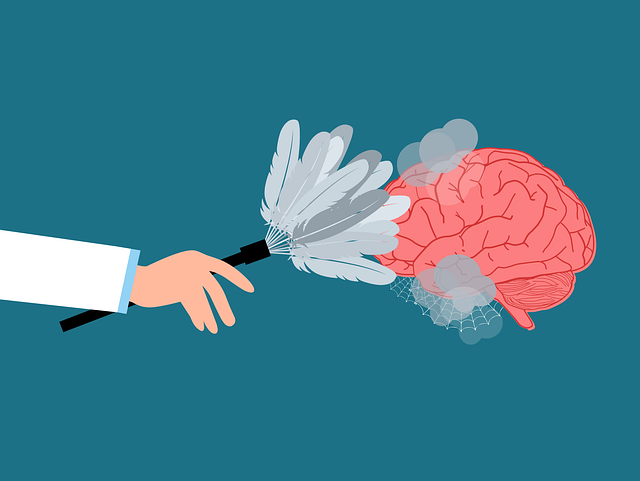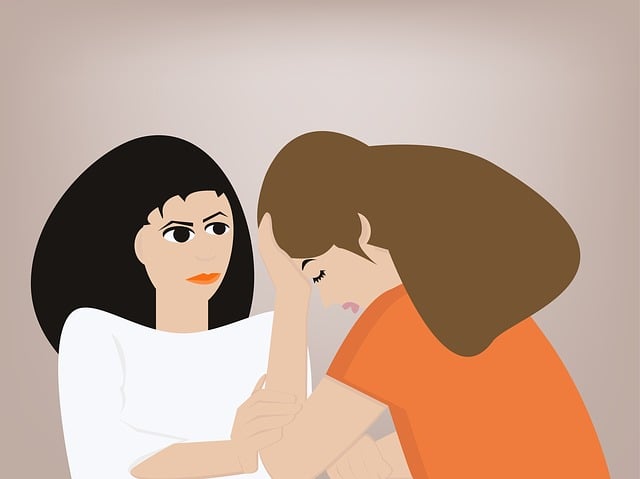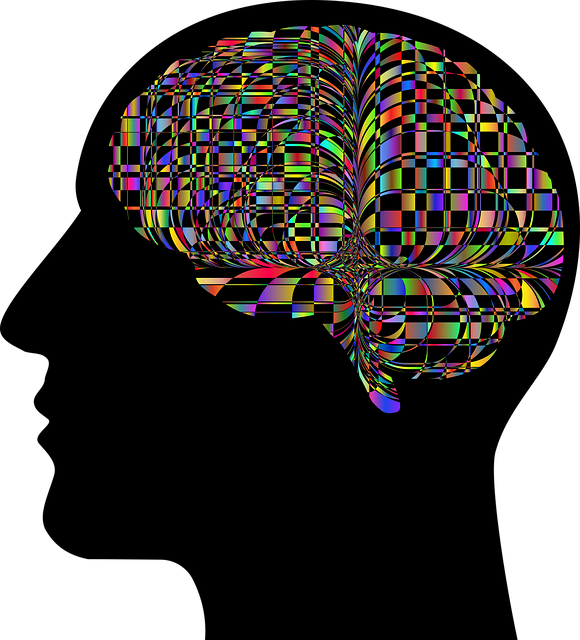Cultural sensitivity is crucial for effective mental healthcare at Lone Tree Chronic Illness Therapy, where therapists interact with a diverse client base. By recognizing and respecting cultural differences, therapists can overcome biases, create inclusive environments, adapt communication, address systemic issues like discrimination, and incorporate culturally relevant stress management techniques. This approach ensures clients feel valued and supported, enhancing therapeutic outcomes. Lone Tree Therapy offers personalized care through active listening, open communication, emotional regulation, mindfulness meditation, and teaching emotional intelligence skills, catering to diverse cultural backgrounds and improving overall mental wellness.
In today’s diverse society, cultural sensitivity in mental healthcare is paramount. This article explores the intricate dynamics between cultural background and mental health experiences, shedding light on the unique challenges faced by diverse communities in accessing therapy. We delve into actionable strategies for culturally competent practice at Lone Tree Chronic Illness Therapy, emphasizing inclusive environments. By understanding these nuances, mental health professionals can better serve all individuals, fostering healing and empowerment across cultures.
- Understanding Cultural Sensitivity in Mental Healthcare
- The Impact of Cultural Background on Mental Health Experiences
- Challenges Faced by Diverse Communities in Accessing Therapy
- Strategies for Culturally Competent Practice at Lone Tree Chronic Illness Therapy
- Fostering Inclusive Environments: A Call to Action for Mental Health Professionals
Understanding Cultural Sensitivity in Mental Healthcare

Cultural sensitivity is a cornerstone in mental healthcare practice, ensuring that therapies and treatments are tailored to meet the unique needs of each individual. It involves recognizing and appreciating the diverse cultural backgrounds, beliefs, and values that shape people’s experiences of mental health and illness. This awareness is particularly crucial for practices like Lone Tree Chronic Illness Therapy, where therapists engage with clients from various ethnic, racial, and socio-economic groups.
Understanding cultural sensitivity means embracing self-awareness exercises to recognize one’s own biases and assumptions, and then using that knowledge to create a safe, supportive environment for clients. This can involve adapting communication styles, understanding the impact of systemic issues like discrimination on mental wellness, and incorporating culturally relevant techniques for stress management. By doing so, therapists can help clients feel heard, respected, and empowered in their journey towards improved mental health, ultimately enhancing therapeutic outcomes.
The Impact of Cultural Background on Mental Health Experiences

Understanding the impact of cultural background on mental health experiences is crucial for providing effective care, especially in a diverse society like that of Lone Tree Chronic Illness Therapy’s service area. Mental wellness is not a universal concept; it is deeply influenced by cultural beliefs, values, and traditions, which can shape how individuals express and experience distress or illness. For instance, some cultures may emphasize collective suffering and seek support within the community, while others might prioritize individual resilience and internal coping mechanisms. This diversity in help-seeking behaviors and expressions of distress necessitates a nuanced approach to mental healthcare.
Cultural sensitivity involves recognizing these differences and adapting therapeutic practices accordingly. Therapists play a vital role in fostering mental wellness by offering mental wellness journaling exercise guidance tailored to diverse backgrounds, enhancing self-esteem improvement, and creating safe spaces for clients to explore their unique experiences. By embracing cultural competency, Lone Tree Chronic Illness Therapy can ensure that its services resonate with individuals from various cultural walks of life, ultimately promoting more inclusive and effective mental health support.
Challenges Faced by Diverse Communities in Accessing Therapy

Many diverse communities face unique challenges when it comes to accessing mental healthcare services. Barriers can include cultural and linguistic differences, limited availability of specialists who understand their specific needs, and financial constraints. For instance, in areas like Lone Tree with a significant chronic illness population, ensuring culturally sensitive care is paramount. The community’s diverse backgrounds might necessitate tailored therapy approaches, which often lack in traditional settings.
Implementing a Community Outreach Program can help bridge these gaps. Such programs, focused on emotional intelligence and promoting emotional well-being techniques, can bring mental healthcare directly to underserved communities. This approach enhances accessibility and encourages individuals from diverse backgrounds to seek the support they need, fostering an inclusive environment that respects and embraces cultural sensitivity in therapy.
Strategies for Culturally Competent Practice at Lone Tree Chronic Illness Therapy

Lone Tree Chronic Illness Therapy has pioneered strategies for culturally competent practice, ensuring that care is tailored to each individual’s unique background and needs. The first step involves active listening and open communication. Therapists are trained to create a safe space where clients feel comfortable sharing their cultural perspectives and experiences related to their chronic illnesses. This involves asking open-ended questions, reflecting on what they say, and acknowledging their feelings without judgment.
Additionally, Lone Tree Chronic Illness Therapy incorporates techniques such as emotional regulation and mindfulness meditation, which have been shown to be beneficial across diverse cultures. Emotional intelligence is fostered through teaching clients skills to understand and manage their emotions, while mindfulness practices help them stay present and focused on their recovery journey. These strategies not only enhance therapeutic outcomes but also foster a deeper sense of connection and understanding between therapists and clients from various cultural backgrounds.
Fostering Inclusive Environments: A Call to Action for Mental Health Professionals

In today’s diverse society, mental health professionals must strive to create inclusive environments that cater to a wide range of cultural backgrounds and experiences. This is crucial for fostering trust and ensuring effective therapy sessions, especially when working with individuals from different ethnic, racial, or religious groups. For instance, Lone Tree Chronic Illness Therapy can benefit greatly by incorporating cultural sensitivity training for its staff, enabling them to provide tailored support to each client.
By embracing a culture of inclusivity, mental health professionals can enhance their practice through various means. This might involve implementing Mental Wellness Journaling Exercises that reflect diverse perspectives, creating an avenue for clients to express themselves authentically. Additionally, producing Mental Wellness Podcast Series featuring guest speakers from varied cultural communities can offer educational content and foster a sense of belonging. Furthermore, community outreach programs targeting specific cultural groups can help bridge the gap between mental healthcare services and those who may face additional barriers to access.
Cultural sensitivity is a cornerstone of effective mental healthcare, and at Lone Tree Chronic Illness Therapy, we strive to provide culturally competent services. By understanding the impact of cultural background on mental health experiences and addressing the challenges faced by diverse communities, we can create inclusive environments that foster healing. Implementing strategies such as those outlined in our practice model encourages mental health professionals to navigate the complexities of cultural differences with empathy and expertise. It’s a call to action for all providers to embrace diversity, ensuring equitable access to quality care for every individual seeking support at Lone Tree Chronic Illness Therapy.


